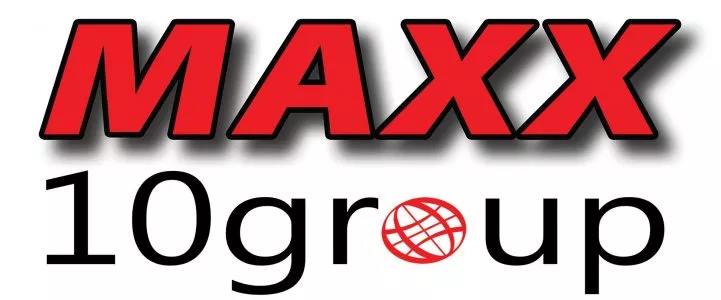Product warehousing is an essential stage of distribution. In the best-case scenario, the goods going into the warehouse are taken from it shortly thereafter and put up for resale, and new goods can take their place. In fact, it is very common for companies to encounter the problem of backlogged goods. In which industries does it occur most often and how can it be solved?
Unfashionable clothes
The problem of stock ends very often happens to companies and brands operating in the fashion industry. The reason for this is simple – every season is a new collection of clothes that must be sold within a few months, otherwise they become unfashionable and are not popular with the public. Added to this is the fact that fashion brands, due to the relatively low cost of producing clothes, produce them in excess of demand.
This product category can also include other types of assortment, such as leather goods and accessories. Although they don’t spoil, they usually become a backordered commodity with the end of the season, as new collections appear on store shelves.
Outdated electronics
Nowadays, technological progress is so dynamic that new solutions appear on the electronics market practically every year and quickly begin to displace older technologies. This causes equipment such as cell phones, consumer electronics or computers and their parts to age in a very short time. If they aren’t sold soon after their debut, there’s a good chance they won’t find too many buyers again.
Food items on the brink of expiration
Virtually every type of food, even those packaged airtight, has a limited shelf life. The closer it gets to that date, the greater the risk that a particular commodity will no longer be able to be sold. This is a serious problem because expired food, unlike clothing or electronics, is no longer usable or recyclable and can only be disposed of.
Out-of-date cosmetics
Cosmetics, like food, have a shelf life beyond which they cannot be used. Usually their shelf life is much longer than that of food – it can be several years – nevertheless keeping them on storage shelves for too long generates considerable costs.
Paper and publishing industry
Contrary to appearances, even stationery items such as notebooks, notepads and drawing pads can be problematic to store. Why? Since they are largely seasonal products – the greatest demand is seen at the beginning of the school and academic year, when schoolchildren and students stock up. After that, their sales decline for a long time. The same is true for publishing houses, whether they specialize in books or magazines.
How to deal with storage slopes?
Regardless of the industry in which a company operates, warehouse stagnation, i.e. backlogged goods on the shelves, is a serious problem – it does not bring any profit, but only generates completely unnecessary costs. The most effective way to get rid of the problem is to sell the slope. In this way, not only can the warehouse be cleared of unnecessary products in no time, but also some of the costs incurred can be recovered, thus restoring the production of new goods.
Do you have goods in your warehouse that you can’t sell? We will be happy to buy it back from you! Feel free to contact us – together we will find the right solution to your problem!

